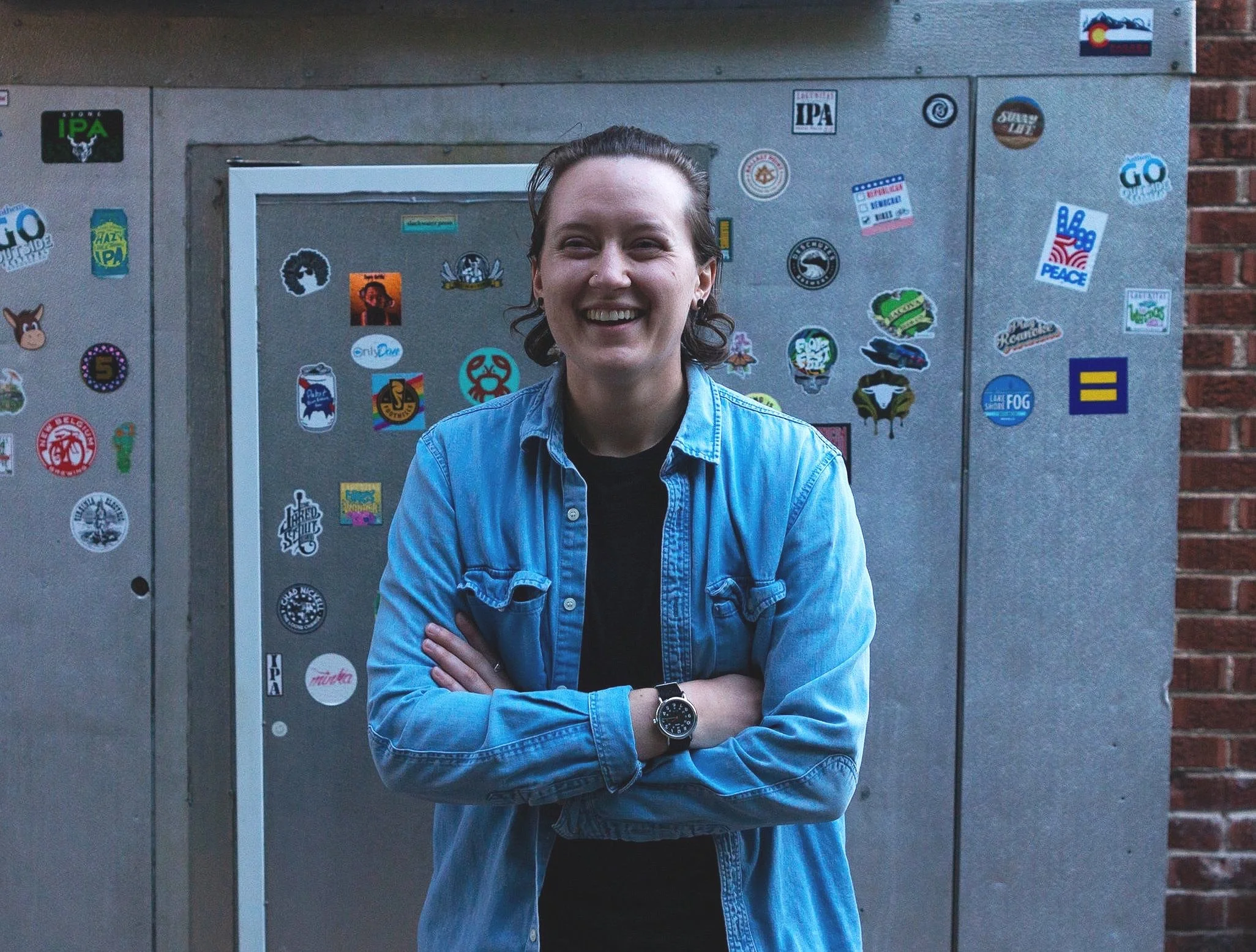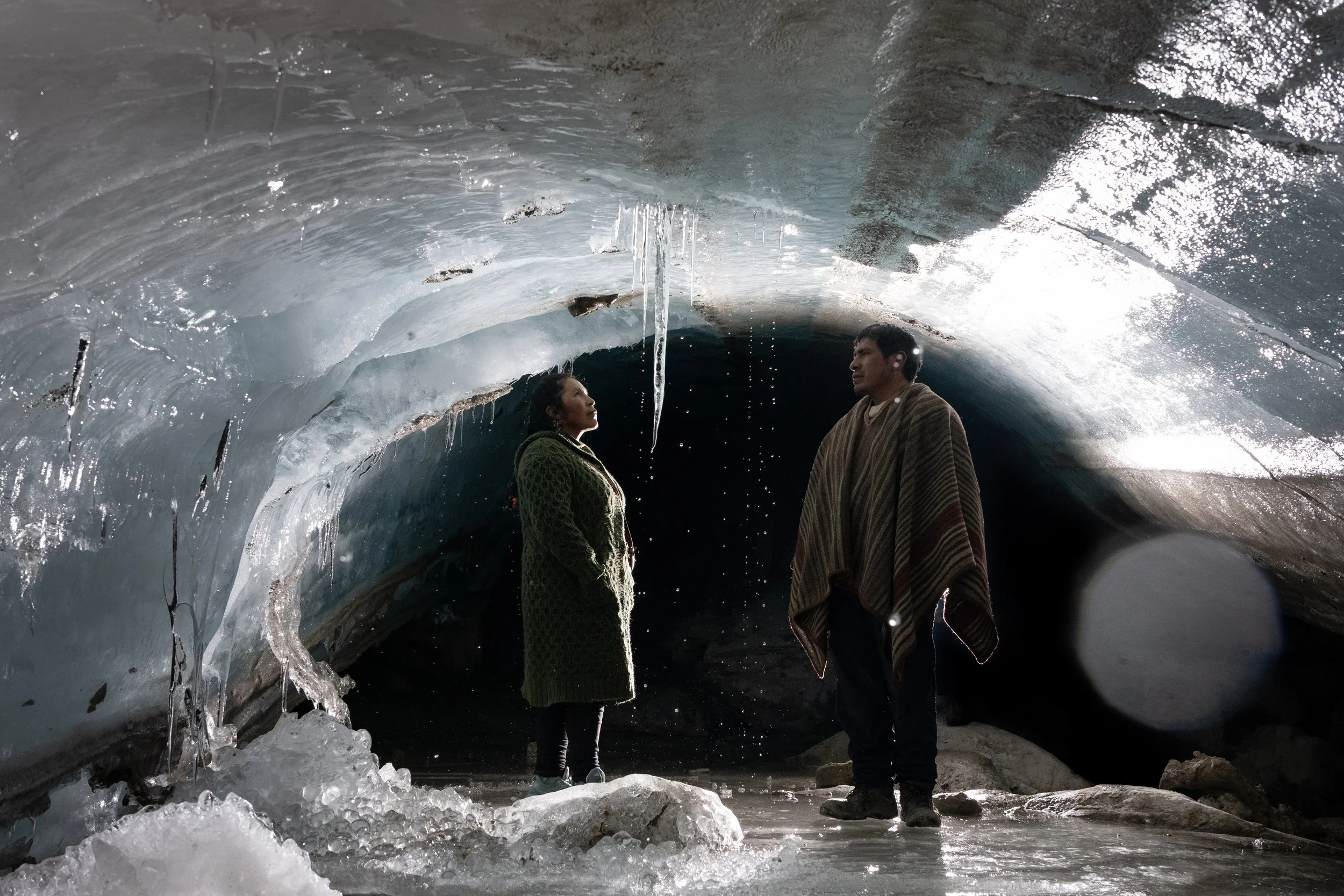Photo by Lola Wallace
Growing up in India, many girls are exposed to a reality that can be unkind and discouraging of greatness. Almost 50 percent of girls are married before the age of 18, and approximately only 30 percent graduate from the tenth grade. As adults, the odds of having a paying job is about 40 percent.
In 2009 the Government of India passed the Under the Right to Education (RTE) Act, which provides free and compulsory education to children between the ages of six and 14. While the ratio of the number of girls to boys who attend primary school is nearly 1 to 1, this equality becomes lessened as girls hit puberty. Nearing the age of 14, girls are pressured to remain at home to help out with chores and or take care of their siblings, or they are forced into marriage. Subsequently, many girls shortly drop out of school. Girls make up two-thirds of all illiterate youth, and more than 60 percent of children not attending school are girls.
Photos by Lola Wallace
The Avasar Foundation is trying to combat this, by providing youth access to equal and unlimited learning opportunities. Founder Anand Chaturvedi had met numerous girls with the capability, desire, and passion to further their education; but lacked the financial means. Avasar, meaning “Ability is nothing without opportunity,” was founded in 2012 and has developed a comprehensive education program to help girls out of the cycle of poverty. Avasar ensures that families can avoid debt while sending their girls to school, and provides students with school stationery, uniforms, bus passes, and an allowance to pay for meals during the day.
Twenty-one-year-old Kusuma joined Avasar in 2013 and has since completed a BSc in computer science, and got a job at a global logistics company, Expeditors. “[Avasar] has given financial strength to my education and to my personal life; it reduced my parent’s burden. It made them also feel happy and proud.”
Avasar supports girls from their completion of the tenth grade, through university, and up until they find employment. Kusuma says, “[the] most surprising thing is that [when] I got a job at Expeditors, my parents felt very happy. Now I am taking care of my family and I have become a financial supporter to my family in all the ways, especially for my brother’s education. Our standard of living has been changed after joining Expeditors.”
Photo by Lola Wallace
Based out of Bangalore, Avasar has expanded to Delhi NCR, Hyderabad, Chennai, and Pune. It has four main programs that are based on education for girls and digital literacy. Their scholarship is valued at $3000 and covers up to six years of education. Since 2013, 52 girls have received the scholarship, and 100 more girls were enrolled in the scholarship program this past June.
The Avasar Foundation Academy is focused on providing year-round, in-class training to adolescent girls, with a focus on workplace efficiency and English communication skills. Since December 2015, 500 girls have attended this program. The Avasar Computer Labs Program has set up 33 computer labs in state-run schools across India. Now approximately 22,000 students have access to digital literacy.
Photo by Lola Wallace
“The girls are so bright and want to continue studying; they are doing so well and are so focused and determined. They do not want to let Anand and his wife down, they think of them like a second mother and father. These young women want to be mentors to the younger girls,” said photographer Lola Wallace.
By 2018, four girls had completed their education through the Avasar Scholarship Program and found work. In June 2019, three more girls finished six years of education, receiving job offers even before graduation. “Our mission is to lift underprivileged women up the social ladder and in many cases out of the cycle of poverty,” Chaturvedi said.
Photo by Lola Wallace
Click here for more information on The Avasar Foundation and how you can support their work.
You can see more of Wallace’s photos in the upcoming print edition of PWB Magazine, coming October 2019.


















